Marvel Studios' Thunderbolts* is an incredible story about the healing, redemption, and acceptance needed to truly heal from a lifetime of trauma.
Thunderbolts Review
On the surface, Thunderbolts* looks like another entry in the motley crew of random heroes and/or antiheroes that are forced to team up in order to save the world genre. Films like The Dirty Dozen or the Guardians of the Galaxy trilogy have tackled this plenty of times. However, this film is something different, and those comparisons that seemed inevitable when it was announced quickly fall away. Because Thunderbolts*, and its band of rejects and societal outcasts, is something more. These people are forced to work together not because of an order or even to save New York City. Yelena, Bucky, and the rest need each other in order to survive the hell that is daily life. Thunderbolts* is more than a superhero movie, it's a sincere exploration of how non-stop violence, guilt, and trauma can lead to mental anguish. While also being an incredible story about healing, redemption, and acceptance.
Marvel Studios has tackled mental health before. Whether it was Tony dealing with PTSD in Iron Man 3 or Thor lost in depression in Avengers Endgame, the MCU has made a point to discuss these topics even if they were secondary to the plot of the story. Only in Moon Knight, which follows Marc Spector who lives with dissociative identity disorder, was mental health a main component to the whole story. Thunderbolts* follows in Moon Knight's path. Sure there are bad guys and some lives to save, but the main focus is on the mental state of the main characters and how overcoming their biggest evils means facing parts of their pasts they would rather stuff down and forget about.
Thunderbolts* is about a group of mercenaries with some of the most tragic backstories in the MCU. It begins with Yelena (Florence Pugh) standing on the edge of the second tallest building in the world. She is on a mission from CIA director Valentina Allegra de Fontaine (Julia Louis-Dreyfus) and as she leaps off the building, there is enough of a pause that makes you wonder if she plans on saving herself. But she lands inside the building, takes out a hallway full of soldiers, and gets the job done. Valentina, meanwhile, is facing impeachment over her secret research through her company O.X.E. Corp. Before Congressman Bucky Barnes (Sebastian Stan) and the others can convict her she tries to destroy all the evidence which includes Yelena, Ava Starr aka Ghost (Hannah John-Kamen), U.S. Agent” John Walker (Wyatt Russell), and Taskmaster (Olga Kurylenko). During their fight, they accidentally awaken Bob (Lewis Pullman), the only remaining test subject from Valentina's “Sentry” program. Realizing they were all sent to The Vault to die, they work together to escape, eventually teaming up with Barnes to stop Valentina. Unfortunately, another threat emerges that will test their fledgling alliance and their mental fortitude.
Before I talk about the action (in camera shots for the win) or the humor (used at the absolute perfect moments), I want to get into the mental health aspect of this film. Each character is struggling with some sort of brokenness stemming from a life of trauma or bad choices they thought they made for the right reasons. They've all accepted their lot in life albeit with resignation – minus Bucky who has gone through a healing journey since his time in Wakanda. But we all know healing isn't a linear journey nor does it truly have an end point. So Bucky and the others are forced to face their dark pasts when they begin to see that Bob isn't merely a random man in hospital pajamas. His newly gained powers, thanks to the Sentry serum, have amplified his mentally unstable condition, in turn affecting those around him. Yelena, who has spent many years coming to terms with her childhood and more recently the loss of her sister Natasha is hit the most.
What struck me about the depiction of mental health in this film was that it never tried to make the solution seem perfect or easy. In fact, it showed that the journey to easing the pain we carry with us, can be chaotic and downright messy. Not in a hopeless way but in a way that made it all the more real, especially for anyone who has struggled with conditions like depression. It's rare to see a franchise film like this purposefully focus on these types of topics, but that's what makes it so special. It has something meaningful to say about depression and the way it can eat away at a person. And it may seem simplistic, but at its heart, Thunderbolts* wants to remind us that we are never truly alone. There are people who care about us, the world is not better off without us, and that connection can sometimes be the greatest weapon of all against the darkness only we can see.
Although mental health is at the core of the Thunderbolts*, it's not the only thing that makes this movie one of the best we've seen in the MCU. Shooting as much in camera as they possibly could, the fight sequences are stunning, with stunt coordinator Heidi Moneymaker really setting out to wow audiences. Non-spoiler alert, she succeeds. When The Void takes over, the sound design and visuals are amazing. The Void is terrifying not because he can control an army of robots or snap away half of all living things. He's scary because he leaches all joy from your life and leaves you trapped in a prison of your own worst thoughts and fears. His darkness is depression incarnate and what could be more frightening than that?
Director Jake Schreier working with a script from Eric Pearson and Joanna Calo truly brings out some great moments of action, comedy, and tension between the characters. Even those with less to do, make the most of their moments with the interactions sharp, dramatic, and plenty of snark. The comedy never undercuts the seriousness of the feelings each character is working through but rather feels more like the laugh we let escape us after we've had a good cry. One of my favorite scenes (aside from Bucky taking out the military convoy as seen in the trailer) is one that happens in the third act, when the heroes try to stop Void once and for all. I won't spoil it here but it reminded me of a sequence in Demon Slayer and seeing something like it in live action was breathtaking.
As much as this movie is about the Thunderbolts* as a whole, Pugh and Pullman are easily the co-leads. Pugh's performance as Yelena started out strong when she joined the MCU and has grown from there, adding her to the ranks of perfect casting like Tom Hiddleston and Tom Holland. She gives a haunted and pained performance here, her expressions and vocal delivery truly convey Yelena's brokenness through the screen. Here is a woman going through the motions while wondering why she even bothers to get up everyday. Pullman is equally a standout as Bob/Sentry/The Void. He is tasked with portraying three different versions of the same character and gives a rich and nuanced performance. For anyone thinking he only got the job because of his dad, he more than proves he is a talented performer all on his own.
I can't end this without mentioning the rest of the cast, who all made a mark in their own ways. David Harbour once again shines as Alexei, a man who wants to recapture his glory days and try to be a good parent at the same time. Russell plays Walker as a man trying desperately to redeem himself, even if it makes him a jerk sometimes. It was great seeing John-Kamen's Ghost back. Ava is smart, deadly, and a fun character to see in action. Stan is bad*ss as usual. Bucky fans will enjoy his motorcycle intro into the action and all of his grumpy facial expressions as he deals with these “young” anti-heroes. Louis-Dreyfus' de Fontaine is the Palpatine to Pullman's Vader (Bob). She chews the scenery and gleefully tries to destroy this group every chance she gets.
Verdict
Thunderbolts* blew away all my expectations. I expected a funny, action-packed, superhero film featuring the “heroes” no-one would really call for in case of emergency (minus Bucky of course). What I got was something that went well beyond all of that. It's a sincere and meaningful exploration of depression and how our mental health affects every aspect of our lives, no matter where we are in the healing journey. This is a story about healing, what redemption can look like, and how important community can be when battling something as frightening as the Void (both literally and figuratively). A strong, resonating story amplified by the powerful performances from the cast should put Thunderbolts* in the top 10 of MCU films, no asterisk necessary.
Thunderbolts* is in theaters May 2. It is rated PG-13 for strong violence, language, thematic elements, and some suggestive and drug references with a runtime of 2 hours and 6 minutes.
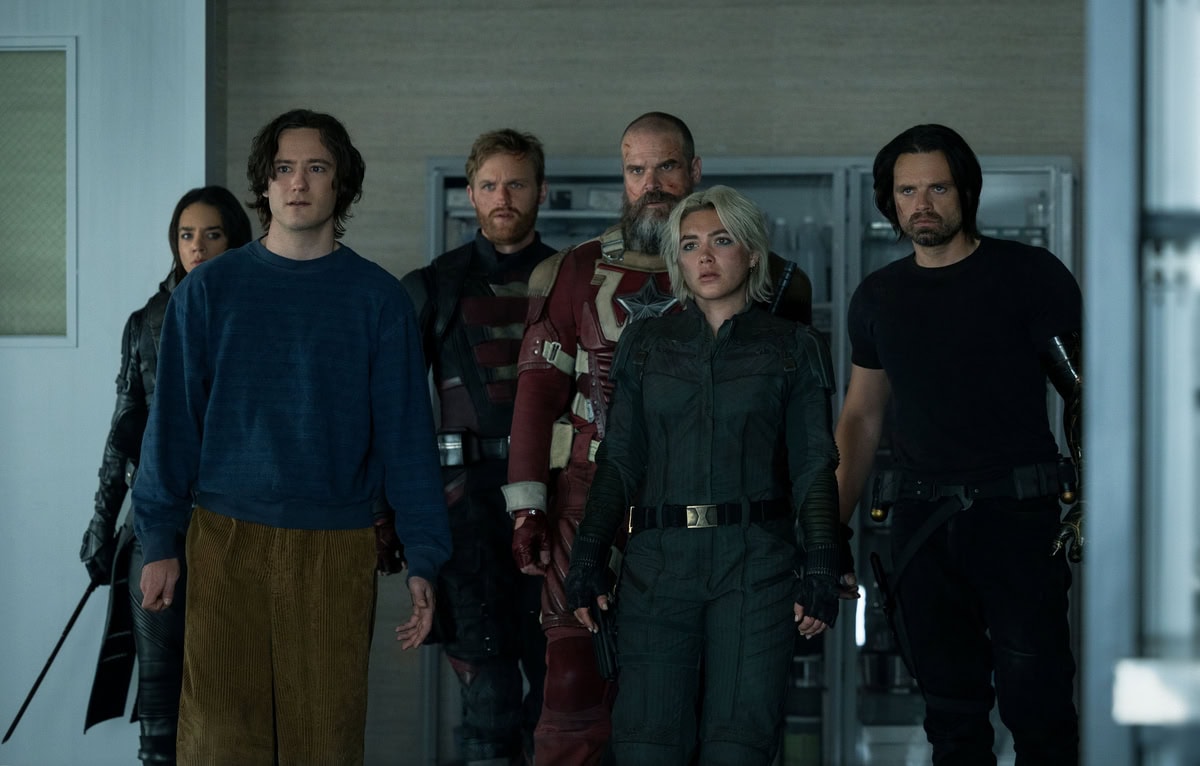
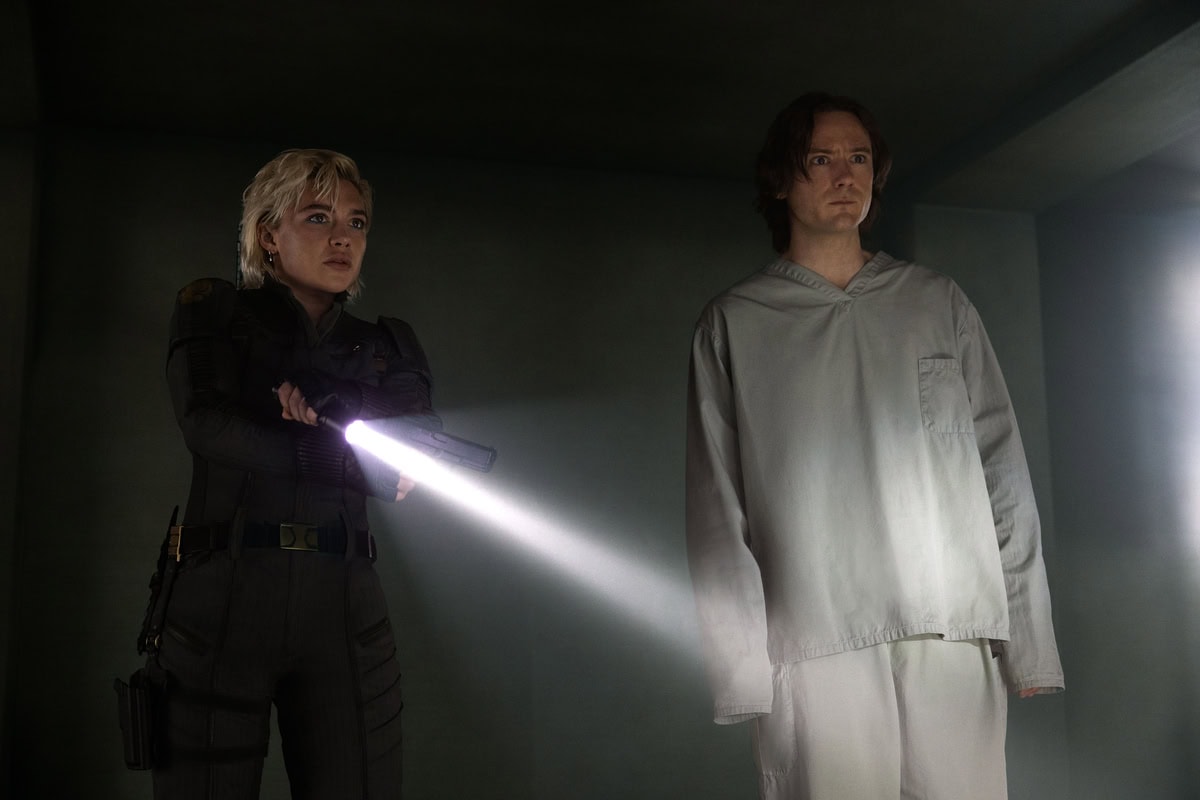

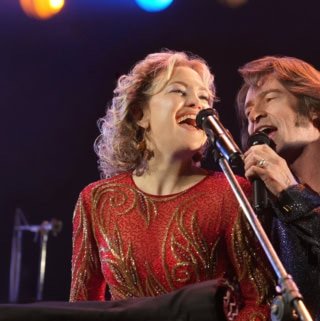
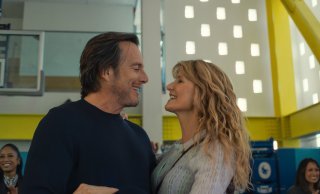
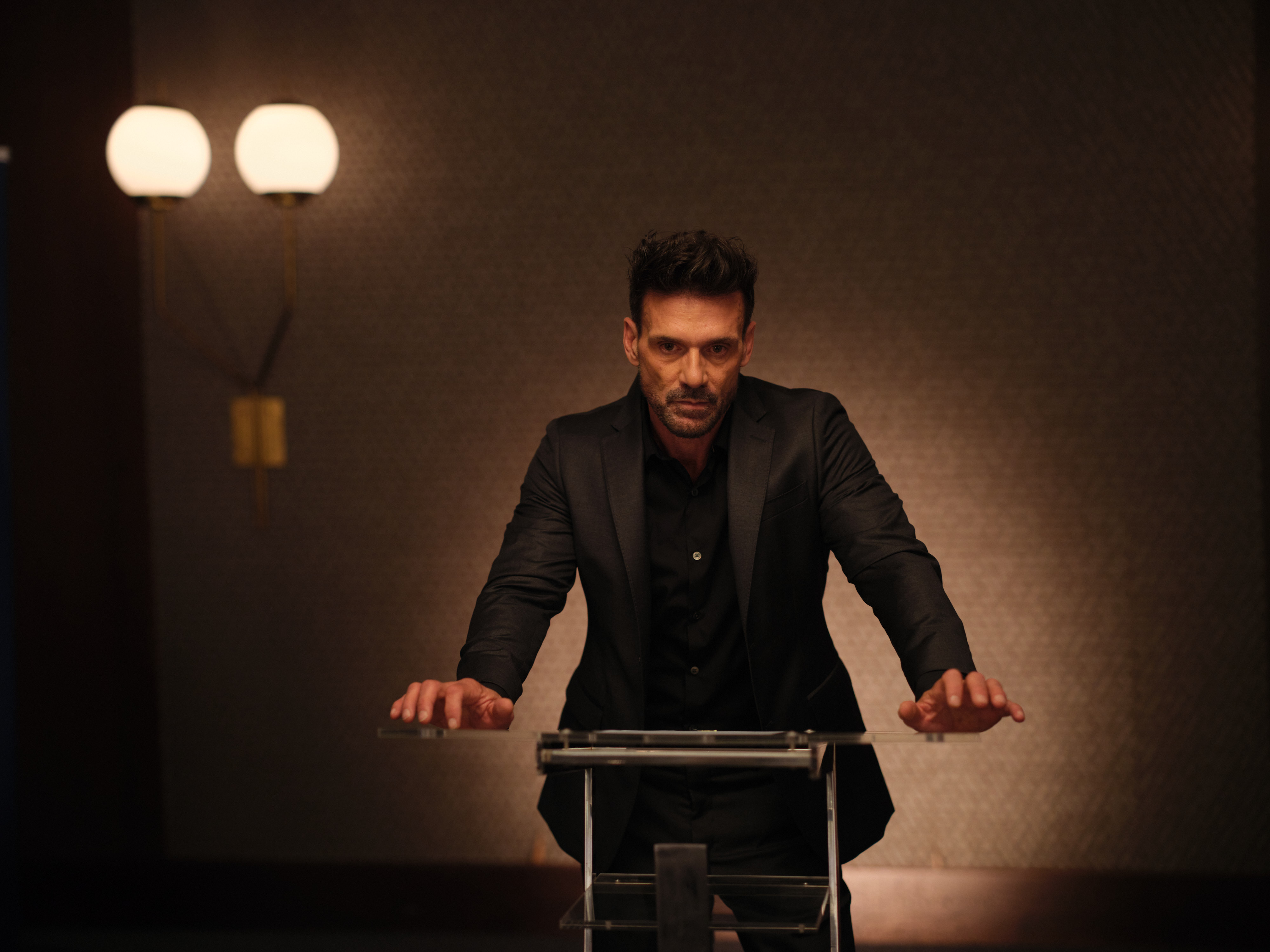
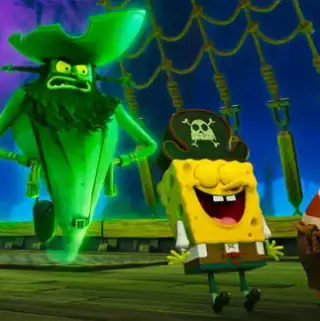
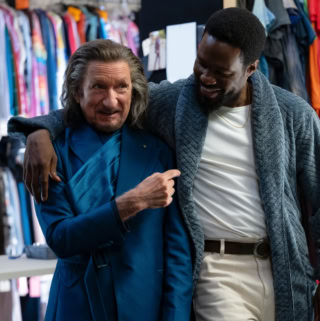
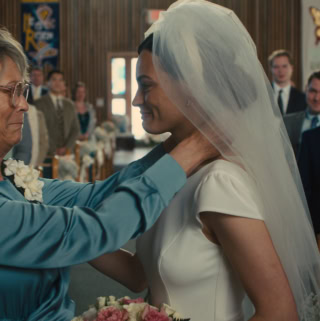
Leave a Reply